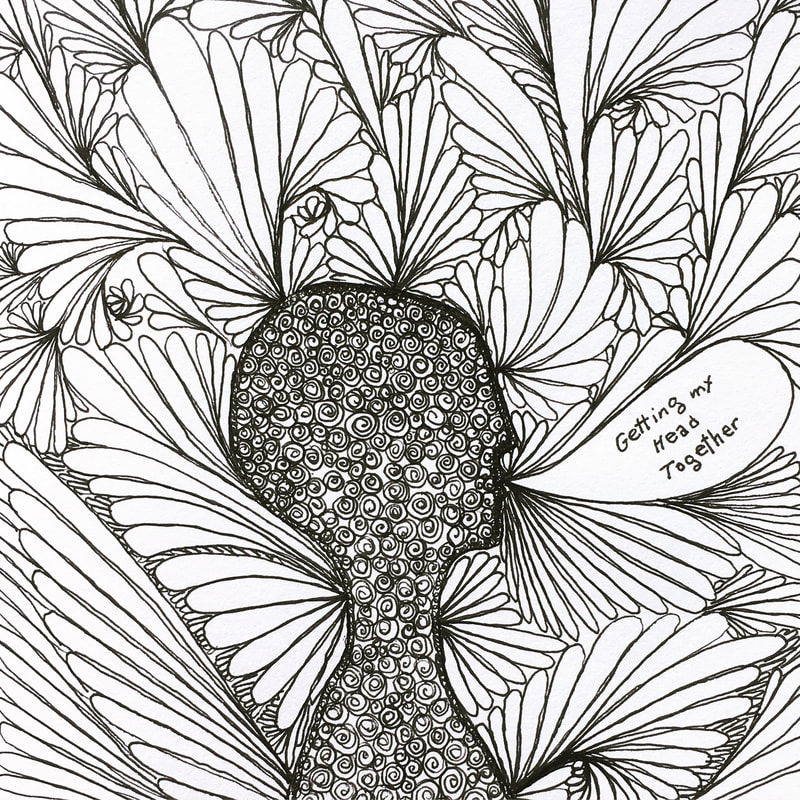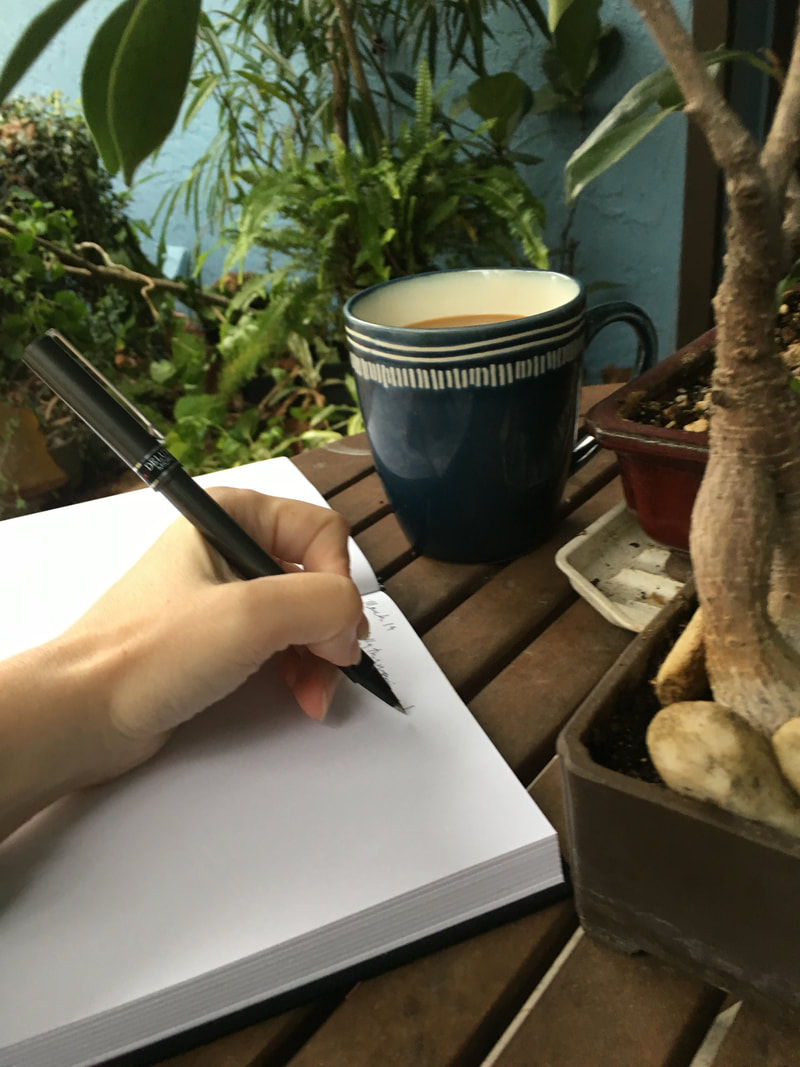|
originally posted on tumblr
anonymous asked: Hey Rosy, I really appreciate your meta and your interpretations on The 100 and I also know that you are an English major, so I'd like to ask you something more technical. I'm writing a book and I have several characters with a POV and I originally planned to do it like ASOFAI - a chapter, a POV. But I feel like in action sequences I'm kind of missing out on action if a keep sticking to one person's view, especially if several POC characters are involved in the scene and live through very different obstacles. So I tend to switch several times between POV’s in the chapter but I can’t do that, can I? I don’t remember how this is handled in other books but do you have any advise on how to solve this. The main part of the book is already written with POV’s switched per chapter, there are only a few scenes where I switch more often, so it would seem a little overkill to rewrite the whole book. Do you have any advice? xx For clarity’s sake, I am not an english major. I got my BA degree in english with a concentration in creative writing, but that was over 25 years ago. I was also an english teacher, but that was 15 years ago. I am a bit rusty on the rules everyone tells you to follow because I don’t follow rules anymore. I have, however, internalized a lot of them. Because I’ve been writing for decades now and so I’m just going to talk about the thoughts I have on your problem. (okay too late because i did a google and now i’m refreshed. and apparently, omniscient pov is frowned on in publishing circles now. i did not know, although i get it, because close third is FAR more common.) BECAUSE IT IS A PROBLEM! Maybe other people have less of a problem with POV than I do, but it’s one of the major elements of my stories and novels that I struggle with. Because the whole story hangs on the perspective. Your perspective choice tells you what scenes you can tell, what information you can impart, the feel of the whole thing, the intimacy, the control you have over the story, etc. Once you make your decision, you can go from there and just follow through with it, but it’s a big decision. I’m not really the person to come to if you think changing your POV for your whole story is too much of a commitment, because I did just that this december, switching a first person novel to close third person in about 3 weeks. (do not recommend. ) YES. One POV definitely limits your story. However, it also makes it more intimate because you’re seeing it from inside of your character’s perspective. You see what they see? Think what they think. Feel what they feel. And this can help the audience relate more closely. Apparently omniscient pov is very hard to get right. It’s easy to fall into just skipping from head to head, giving the povs of various characters… and that not only can get confusing, but it can also make your audience trust you less. They want to be able to follow you, and if you want to do omniscient and be an objective reporter of the story, then you need to make sure you as a writer and narrator remember your role as objective reporter. Hmm. You might even consider it another character… I wonder if that would help to clarify for yourself your position as omniscient narrator. You could be god, or a historian, or someone’s child, or an alien watching from above, or an oak tree… I don’t know. Just spit balling. Anyway, your problem is that you chose a narrator. Alternating close third person where you use one POV for each chapter. I don’t think that’s a bad POV to use. You’ve got an example with ASOIAF. I myself like to write in alternating close third person. BUT it does dictate your story. I remember one story where people asked me to add the other POV into it… and I said no, because the whole story hung on the POV character NOT knowing what was going on in the other character’s head. To add his POV would make the audience aware of his motivations, and that would change the way they looked at the main character and her choices, and it would weaken the story, which was about HER feelings and confusion. I couldn’t have the confusion being clarified. Now, I COULD have told a different story and worked with the dramatic irony of the audience knowing what was happening in the story while the characters did not. That would have been an entirely different story though, focusing not on the individual character’s journey, but on the miscommunication and the tension of watching them fail to break through the confusion that we see so clearly. So, here’s the thing. Your choice of POV is part of what tells your story. I don’t think you should go back and change your story to omniscient, just so you can tell a rousing battle tale as if you were a camera drone, catching all the action… and no. You can’t switch between multiple POVs in one chapter. And you especially can’t do it in one scene. You’ve committed to alternating close third. You can’t pull that rug out from under your reader now. So lets consider how we can work your current choices into the new scene.
Sometimes limitations are not the drawback we think they are. They can push us to go deeper, to stay focused, to try something new. ask me questions here buy the image on a poster or tshirt or mug here
0 Comments
What exactly IS voice?
I mean, everyone has a voice, right? You use it to speak. Or if we’re talking writing, that’s… what you write with? No, those are words. Voice is the sound that comes out of your mouth when you speak, so with writing? It can’t be that. It’s got to be something different. It is. Your voice as a writer is a combination of who you are, where you are from, your life experiences, your view on the world, your philosophy, your tastes, a mishmash of every book you ever loved and some of the ones you hated, your hopes and dreams and also your fears and the things you run from. Your voice is your style, how casual you are, the kid you were as an awkward preteen, the nagging that your mom did again and again, that great essay you wrote in high school that got you an A, the trust you have in yourself, that dream you woke up screaming from last night. Your voice is your word choice, and your POV preference. It’s your genre and your character development. It’s whether you have a happy ending, a bittersweet one or a tragedy. Your writing voice is everything about you as a writer— as a person. Because the writer that you are is entirely a product of the person you are. Your insecurities will show and so will your pride. Your grandmother’s first language is going to pop up, and all those curses you wanted to throw at that jackass who was the worst person in your life. Your writing voice is the colors of your life, painted on the page. It is the you-est part of you…. And it isn’t you at all. It’s the you that you let go of, because it’s separate once it hits the page. It’s the you of your dreams and your horrors that you just want to exorcise. It’s the you that once it’s down and in black and white, is now a thing outside of you that you can look at and edit out and also turn into oh… someone else. Someone you can make into a hero or a villain. It’s also the freight train barreling down the tracks headed for disaster and the hope of a blue dawn at the end. Your voice is where you come from and where you’re going. It is naturally who you are, and the way you present yourself on the page, when you are not even TALKING about yourself. And it is also a constructed and sculpted form of yourself, the very worst and the very best, the most alien, the difference, the part of you that you have picked apart to reform. Your Frankenstein’s monster. Your voice is you as a writer. As a story. As the characters and the plot and the dilemmas and the deus ex machina. Your writer’s voice is god. It’s amazing. However, it can be very hard to figure out what your writer’s voice is, and it can be even harder to learn how to have faith in your writer’s voice and just write from a place of honesty, because you learn to trust yourself as a writer, as a human being and as a soul to be worthy of the words. Worthy of the story. Worthy of the audience. Worthy of being heard. But you are. Every single one of us is worthy of being heard. And every single one of us has a voice that is valid and important and has heartbreaking or tragic or lovely or hysterical stories to tell. get the full series by becoming a patron at patreon. just 1$ a month for a whole month of Finding Your Voice. Other series to follow. |
AuthorWonderer, wanderer, warrior. Been around for a while. Got some stuff going on. Should probably get back to blogging. I mean....I didn't go away, I was just talking about science fiction for a while. Archives
December 2020
Categories |


 RSS Feed
RSS Feed
